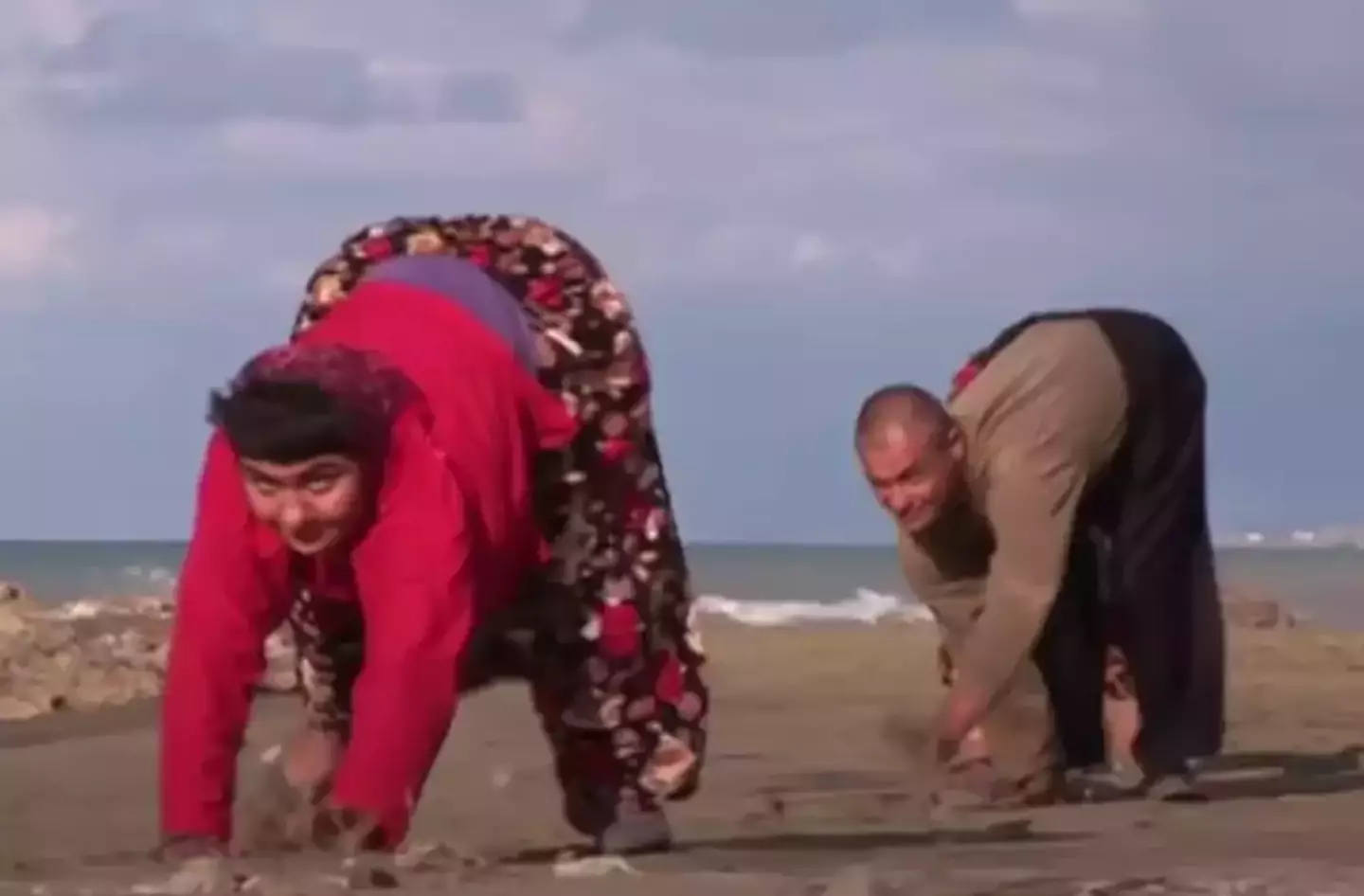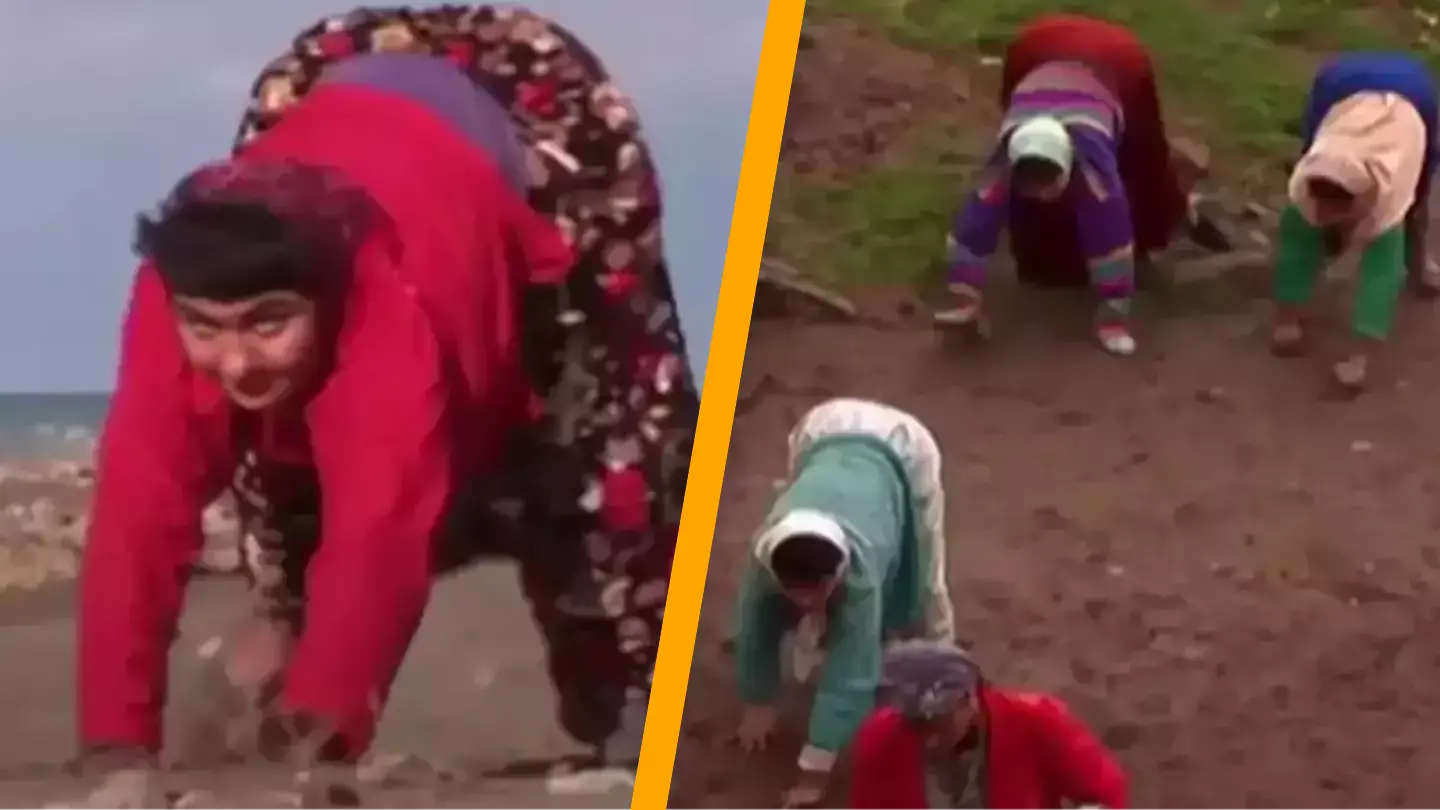In Turkey, a family walks on both their arms and legs, and researchers might have uncovered the reason.
Six members of this family, living in Turkey, move on all fours. Intrigued by this, scientists embarked on an investigation into their biology, history, and lifestyle, resulting in the documentary “The Family That Walks On All Fours.”
The Ulas family gained international attention after a group of Turkish scientists published a medical study about them.
Leading the research was Professor Nicholas Humphrey, an evolutionary psychologist.
The team was surprised to learn that out of the 18 children born to the Ulas family, six displayed a ‘unique disability’, leading them to walk on all fours.
Initial theories from Turkish scientists suggested that the family had ‘devolved’, a notion that Professor Humphrey found ‘deeply insulting’ and ‘scientifically irresponsible’, as he expressed in a 2006 BBC documentary.

He instead pursued a different explanation, looking for alternatives to the notion of evolutionary reversal occurring within a single family in Turkey.
Neurological scanning revealed a ‘shrunk’ middle cerebellum, although this did not provide definitive answers, as individuals with smaller or absent cerebellums have been known to walk upright.
In New York, fossil experts studied their quadrupedal movement and found it inconsistent with our evolutionary ancestors, while a Liverpool University team discovered skeletal differences between them and other humans.
Scientists remained puzzled by the root cause of this phenomenon.
On a return visit, Professor Humphrey observed that with the aid of physiotherapy and equipment, the Ulas family’s children were now capable of walking upright.

Years later, Danish researchers discovered the underlying cause of the Ulas family’s condition.
In 2014, scientists from Aarhus University identified the cause as Cerebellar Ataxia, Mental Retardation and Dysequilibrium Syndrome (CAMRQ).
According to Science Nordic, CAMRQ is an exceptionally rare syndrome caused by a mutation that disrupts proper fat molecule distribution by proteins.
This leads to defective nerve cells, brain damage, and loss of balance, explaining why the family moved on all fours, as they lacked the balance necessary for upright walking.

